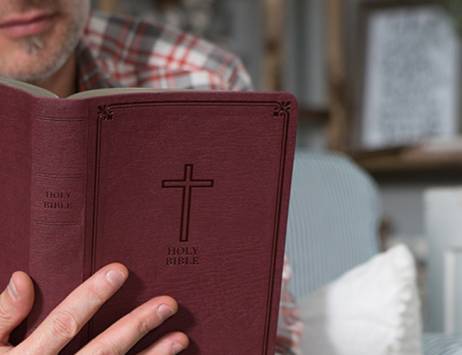“Behold, I lay in Zion a chief cornerstone, elect, precious, And he who believes on Him will by no means be put to shame” (1 Pet. 2:6).
What is a cornerstone?
What is a cornerstone, and what does it teach us about Jesus? In Psalm 118:22, the Psalmist first prophesied of Jesus as this kind of rock or stone: “The stone which the builders rejected has become the chief cornerstone.”
In Matthew 21:42, Jesus claimed this prophecy for Himself. Paul and Peter referred to Jesus as the cornerstone as well, not just the stone they rested on but the stone that set the foundation for all others.
The cornerstone or chief stone of a building is the first stone laid in a foundation. All the other stones or bricks are laid in reference to this first stone. The cornerstone then:
- sets the direction for the entire structure
- bears the weight under smaller stones, wood, or bricks to hold up the building
Setting Direction
First, the cornerstone sets the direction of the building. Jesus sets the parameters for our understanding of the Bible, the church, and our ministry in the world. Many read the Old Testament as a set of separate file folders of moral lessons–don’t be like King Saul, do be like King David, and so forth. But when we just look for moral lessons in the Old Testament, we miss the larger points of the long story of scripture that set us up to receive Jesus as the Messiah in Matthew 1, son of Joseph, son of David, son of Abraham. We see His coming sacrifice in the first Passover in Egypt. The laws and sacrificial system that follow are our tutor to show us our need for a substitute to take on our sins. And the Book of Judges, recounting Israel’s failures after reaching the Promised Land, remind us of our need for King Jesus. Judges exposed the sin of God’s children when there was no righteous king in Israel, and “everyone did what was right in his own eyes” (Judg. 21:25). If you want to understand the Old Testament, let Jesus set the direction for its structure.
Bearing Weight
The cornerstone also bears the weight of the building. In Psalms 118:22, some translations use “keystone” instead of “cornerstone.” While the cornerstone was foundational to the structure other stones were placed on, keystone denotes the crowning stone in a wall or arch. It is the wedge-shaped stone that is the final stone placed when constructing a stone arch, locking all the stones in position, and allowing the arch to bear weight. What a steadying metaphor for Christ’s role in bearing us up under the weight of life.
We are all weight bearers. We have physical weights. For many of us, our bodies are breaking down, literally weighing on us as we try to function each day. For some, it’s a loved one’s body that’s wearing down, and you bear the weight of helping them on top of your other responsibilities. We have emotional weights. We have spiritual weights. We have physical weights.
Carrying weights and responsibilities in life is not unexpected. A life with no responsibilities may seem like a dream, but if we are being built into the living household of faith, of course we are going to bear weights. But even good weights are impossible to bear on our own. The good news of Jesus, our cornerstone, is that you do not bear these weights alone. Jesus carries the heaviest of these weights so that you can bear up under them. He is the keystone of the arch holding up under the responsibilities and weights on your shoulders. As you bear your weights today, remember that He is under you, supporting you, and you will not crumble.
28 “Come to me, all you who are weary and burdened, and I will give you rest. 29 Take my yoke upon you and learn from me, for I am gentle and humble in heart, and you will find rest for your souls.






